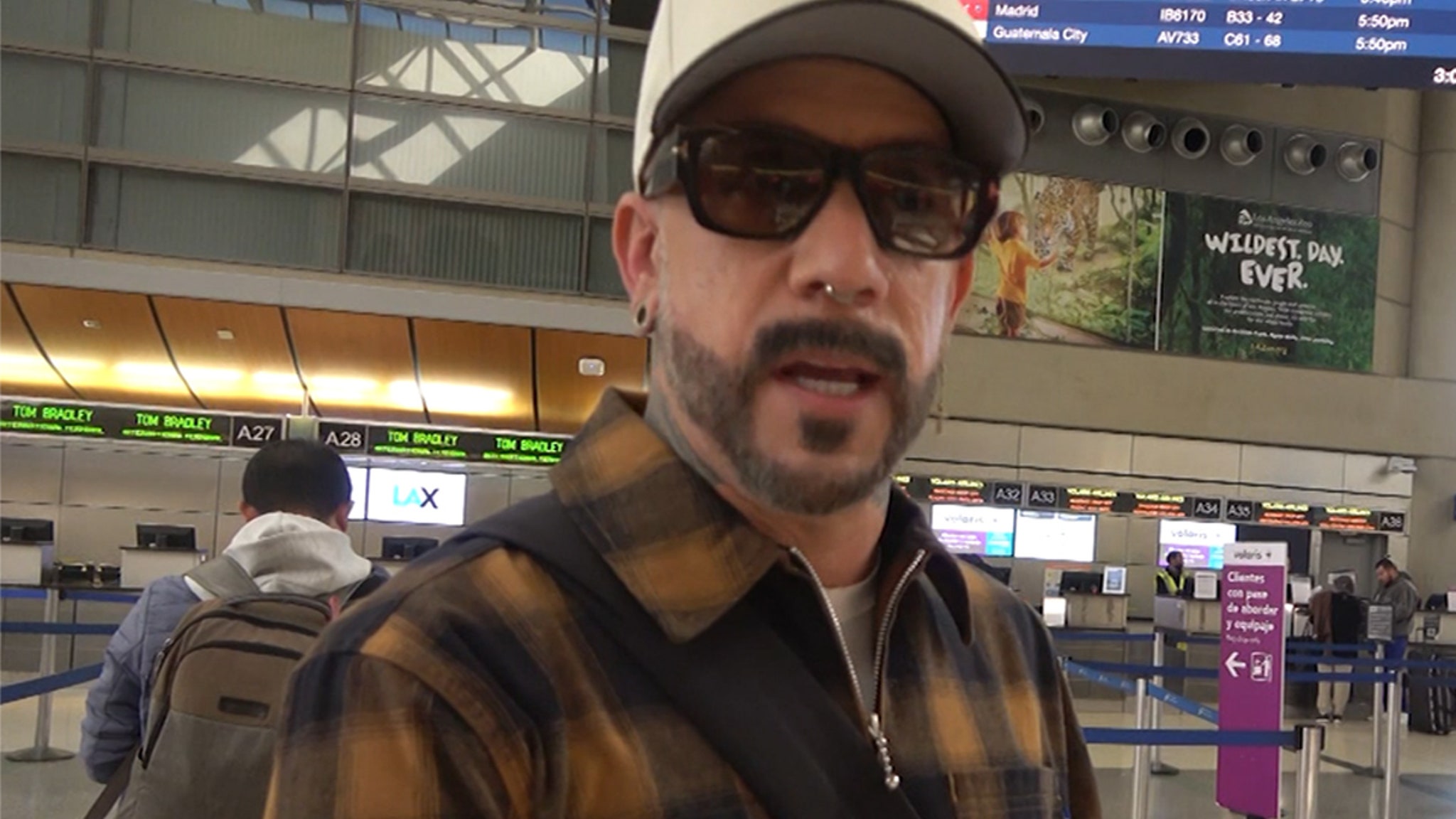The University of Chicago Booth School of Business.
Courtesy: The University of Chicago Booth School of Business.
A version of this article first appeared in CNBC’s Inside Wealth newsletter with Robert Frank, a weekly guide to the high-net-worth investor and consumer. Sign up to receive future editions, straight to your inbox.
Top universities are tapping into the family office boom, with a growing number of programs and courses aimed at training the next generation of family office leaders.
Last week, the University of Chicago Booth School of Business launched the Booth Family Office Initiative, a combination of research programs, courses and summits aimed at current and future family office executives. The initiative includes a council of 50 family office leaders and Booth alumni who will help steer the program.
“If you think of the family office market, the amount of capital overseen, and the importance of family offices commercially, in investing and philanthropy, the growth has been significant,” said Paul Carbone, co-founder and vice chairman of Pritzker Private Capital and a member of the Family Office Initiative Steering Committee. “The challenges they face have only grown. Here at Booth we have a deep intellectual capital base that can be applied to these questions.”
The Booth Initiative is part of a surge in family office programs at top universities. Business schools at Harvard, Columbia, Northwestern, Pepperdine and other universities have started offering courses aimed at family offices or family-owned companies.
Yet the Booth program marks the biggest university bet on family offices in 20 years. In 2004, the Wharton School at the University of Pennsylvania and the CCC Alliance, the family office peer group, teamed up to form the Wharton Global Family Alliance. With research, roundtables, courses, special presentations and workshops, the Wharton Global Family Alliance has become a leading resource for family offices and the broader wealth-management industry.
For top universities, family offices offer a rich potential source of research funding and business school students, along with expertise in one of the fastest-growing fields in finance. For family offices, the programs can help train the next generation of family office leaders at a time when talent is scarce and family offices are battling for experienced investors, accountants, lawyers and estate planners.
The number of family offices has grown to more than 8,000 from about 6,000 in 2019, according to Deloitte. Their assets are expected to top $5.4 trillion by 2030, up from $3.1 trillion today. As more wealthy alumni launch family offices or work for one, they’re becoming an important pipeline of donors and funding. Trust companies, private banks and consulting firms eager for family office clients are also potential sponsors for the programs.
“It’s a great opportunity for Booth School, the students and the community,” said John C. Heaton, a finance professor at Booth who will start teaching a new MBA course next year called “The Family Office.”
The core of the Booth and Wharton programs is research. Private banks and wealth management firms already publish a steady stream of family office surveys and analyses. Yet the universities say their research will be more rigorous and objective.
Booth, for instance, said it’s working with software companies that provide back-office platforms for family offices to get anonymized, aggregated data on their portfolios and investment changes.
“That’s real data, not filtered opinions about what people are doing,” Heaton said.
The initiative will decide what to research based on suggestions from its family office council. When Booth asked family offices for research priorities, for instance, the top answer was behavioral economics. Booth is famous for its behavioral economics program, so helping family office professionals navigate the interpersonal relationships with families and their decision-making process will be useful, Carbone said.
“It was surprising to us that the No. 1 issue wasn’t investing or risk management,” Carbone said. “It was about the human dynamics.”
Wharton’s research is also driven by questions from family offices. Along with regular research papers, it produces an annual, 100-page “benchmarking study” covering a broad array of topics that’s only available to the participating family offices.
Raphael “Raffi” Amit, professor of management at the Wharton School who founded and leads the Wharton Global Family Alliance, said one issue he looked at in this year’s benchmark study was the rise of direct deals. While more family offices are bypassing private equity funds to invest directly in private companies, for instance, few have the necessary expertise.
“Most of these families don’t staff up with private equity professionals,” he said. “Those are professionals who know how to evaluate a transaction, structure a transaction, manage the exit, how to add value. They do club deals. But putting it politely, the jury is still out whether this strategy will actually work.”
Universities can also offer an increasingly rare experience for family office professionals — non-commercial gatherings. With the majority of family-office conferences becoming overrun by sponsors, salespeople and vendors, family offices are turning to universities to convene more “pure” gatherings of peers.
Wharton’s annual Family Office Roundtable Forum, a collaboration between Wharton and leading families, has become one of the most coveted events of the year for family offices, limited to 60 or 70 invitations a year. Last year’s roundtable was in Tokyo, while the 2022 meeting was in Zurich.
“We have a lot of family offices that want to come, but we had to cap it at 76 families,” Amit said. “We want to keep it private and small enough so people are sharing ideas and perspectives. It’s a pure play. There is no commercial agenda.”
Booth is planning its own Family Office Summit next May. It’s inviting around 200 attendees from families and multifamily offices, including members of its family office council.
“Families can go to a family office gathering every week if they want to,” Carbone said. “But we’re creating a safe network — no commercial angle and no one selling a product or service.”







